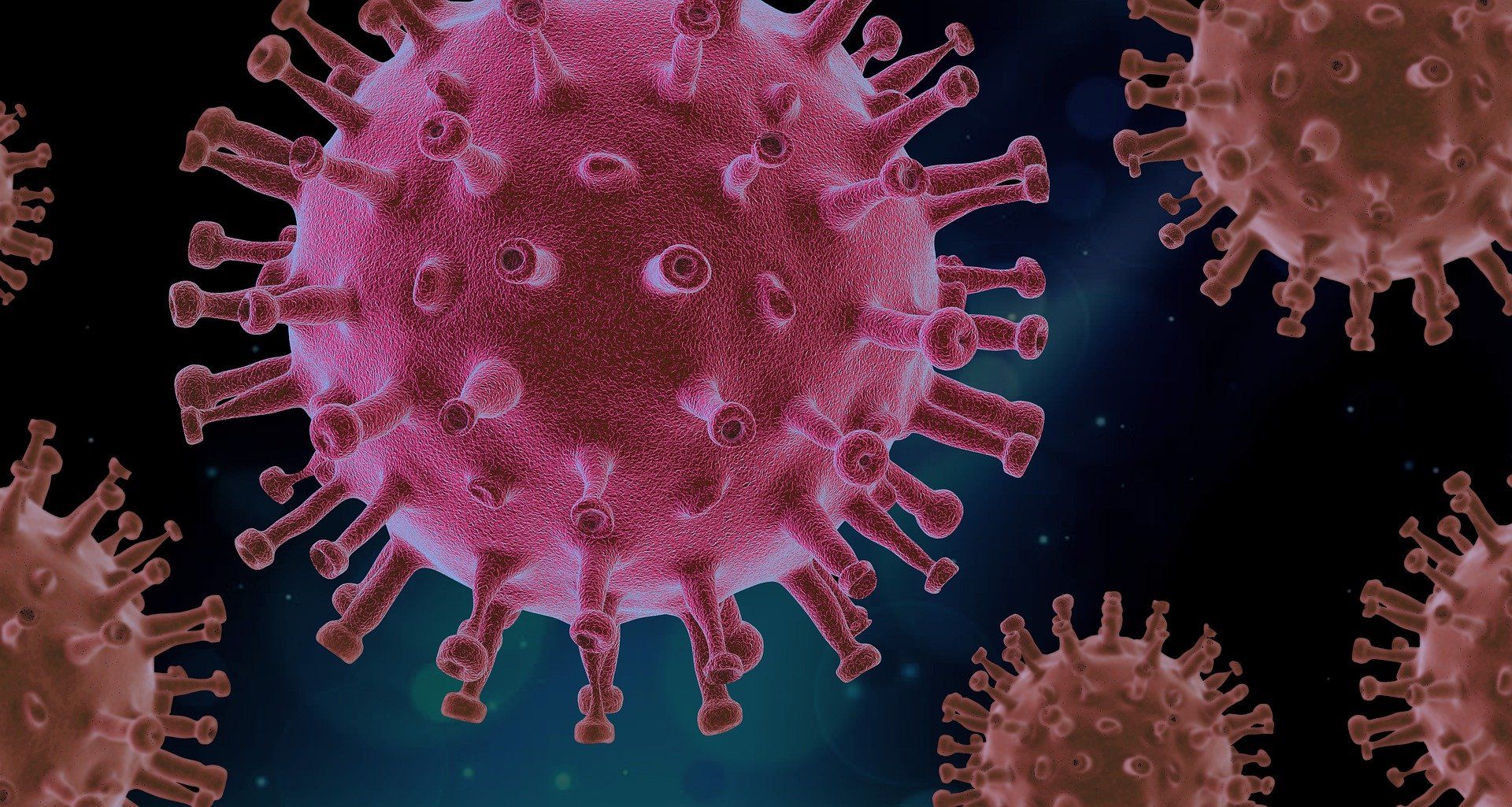According to scientists, the reason some people lose their sense of smell after contracting COVID could be down to genetics. It was added to the UK government’s official list of symptoms for COVID-19 in May 2020.
Some people who lost their sense of smell after testing positive for coronavirus have complained that it still hadn’t returned six months after becoming infected.
Also read- Over 50 lakh healthcare, frontline workers taken precaution dose of COVID-19 vaccine
But scientists believe that it is caused by damage to infected cells in a part of the nose called the olfactory epithelium in the nasal cavity. These cells protect olfactory neurons, which help humans in odor.
According to a study published in the Nature Genetics journal, a genetic locus which means the specific location of a gene on a chromosome, near two olfactory genes is associated with COVID-induced loss of smell and taste. The study also mentions that this genetic risk factor increases the likelihood a person infected with COVID will experience a loss of smell or taste by 11 percent.
Researchers suggest vitamin A nasal drops be trialed to help restore smell loss.
Also read- Japan’s omicron struggles set to trigger new COVID curbs: Officials
In a study conducted by researchers at the genomics and biotechnology company 23andMe as part of a larger COVID project, with 69,841 participants living in either the US or the UK, 68% reported a loss of smell or taste as a symptom.
After comparing the genetic differences between those who lost their smell and those who did not suffer the symptom, the team found a region of the genome associated with this split that’s situated near two genes, UGT2A1 and UGT2A2.
Both the genes are expressed within tissue inside the nose involved in smell and play a vital role in metabolising odorants.
Also read- Some COVID-19 patients may be infectious even after ten days: Study
Adam Auton, vice president of human genetics at 23andMe and the lead author of the study said, “It was this really beautiful example of science where, starting with a large body of activated research participants who have done this 23andMe test, we were able to very quickly gain some biological insights into this disease that would otherwise be very, very difficult to do.”
Trends also emerged among the participants who reported the loss of smell and taste. Women were 11% more likely than men to experience this. The team also found people of “East Asian or African American ancestry were significantly less likely to report loss of smell or taste”.







